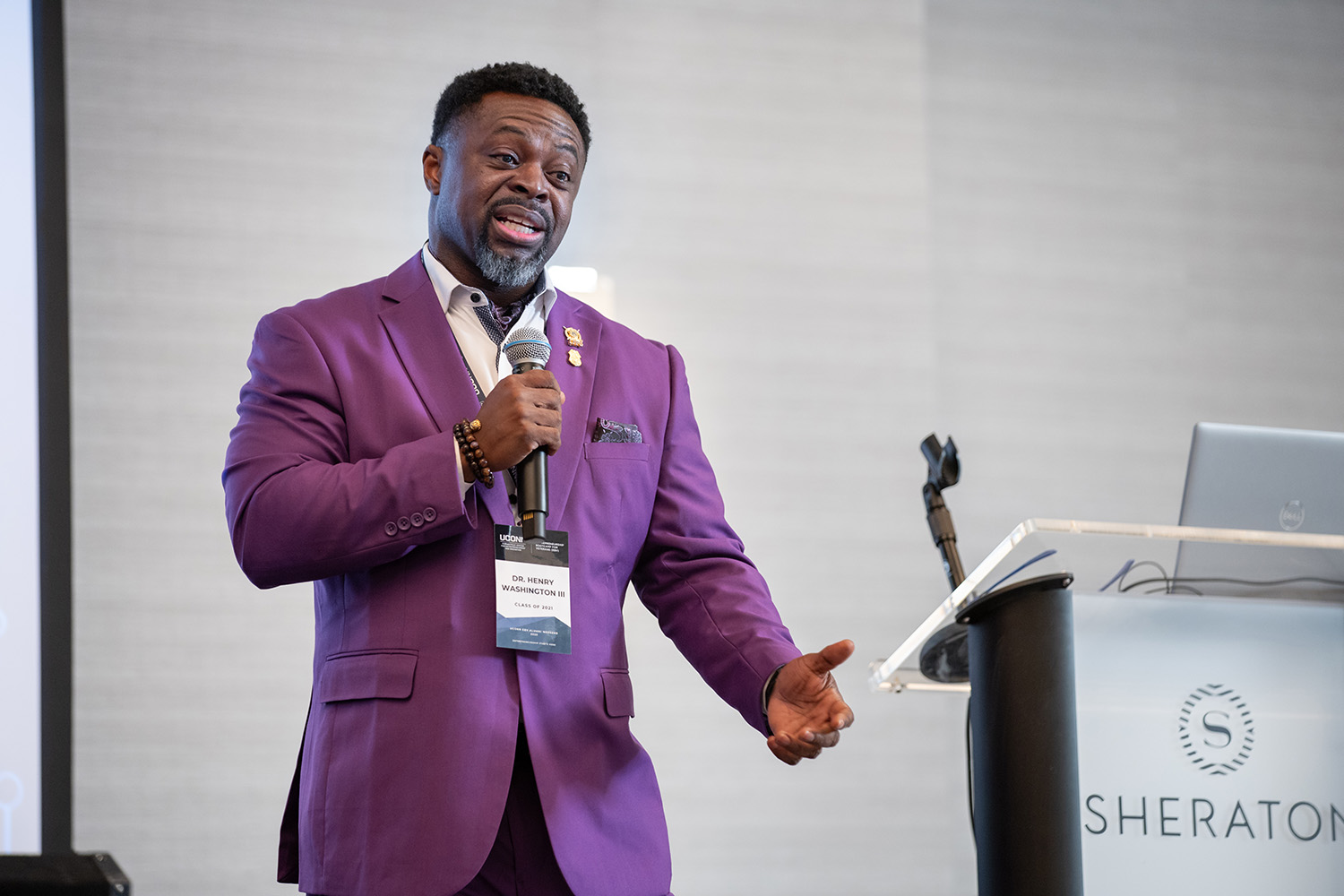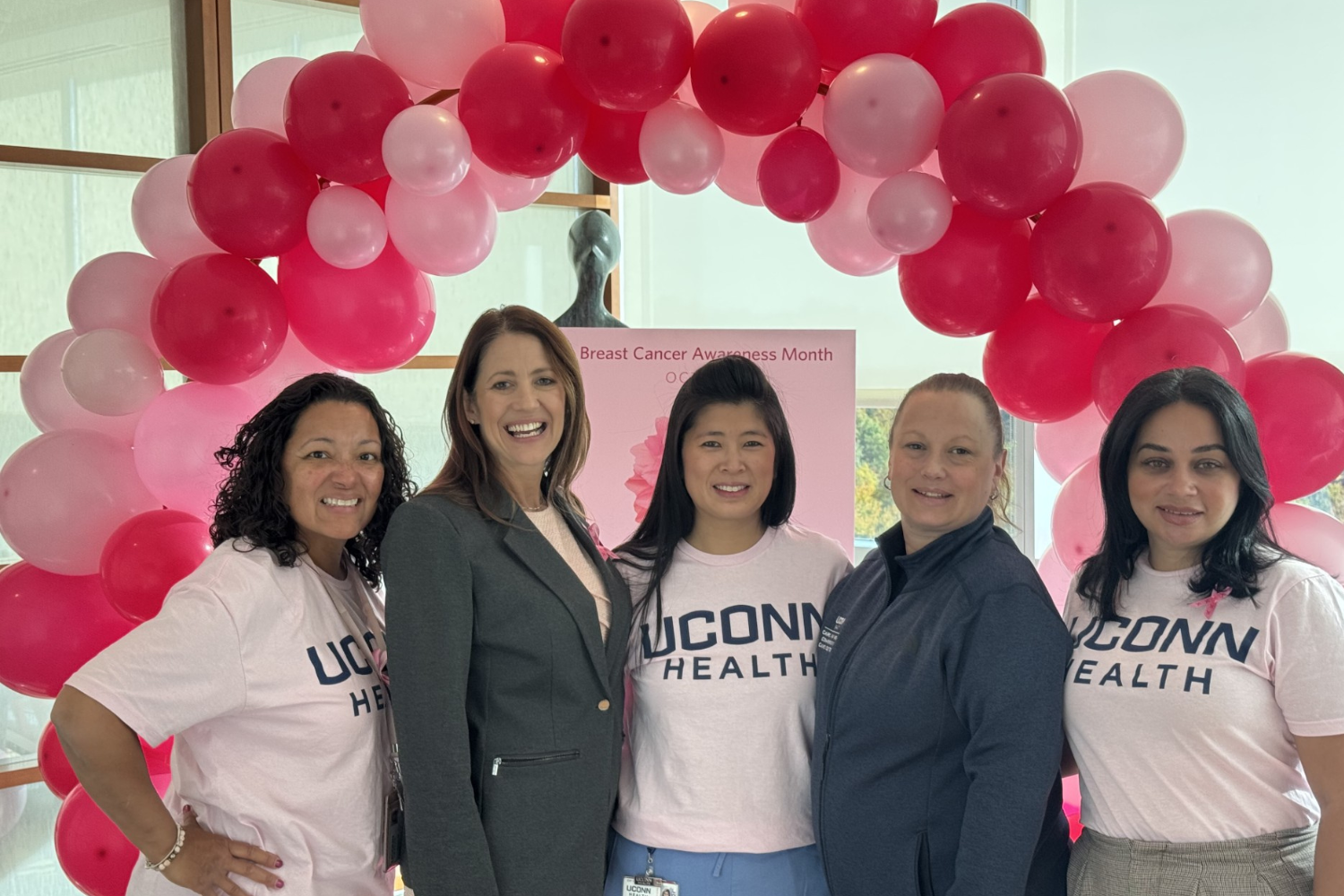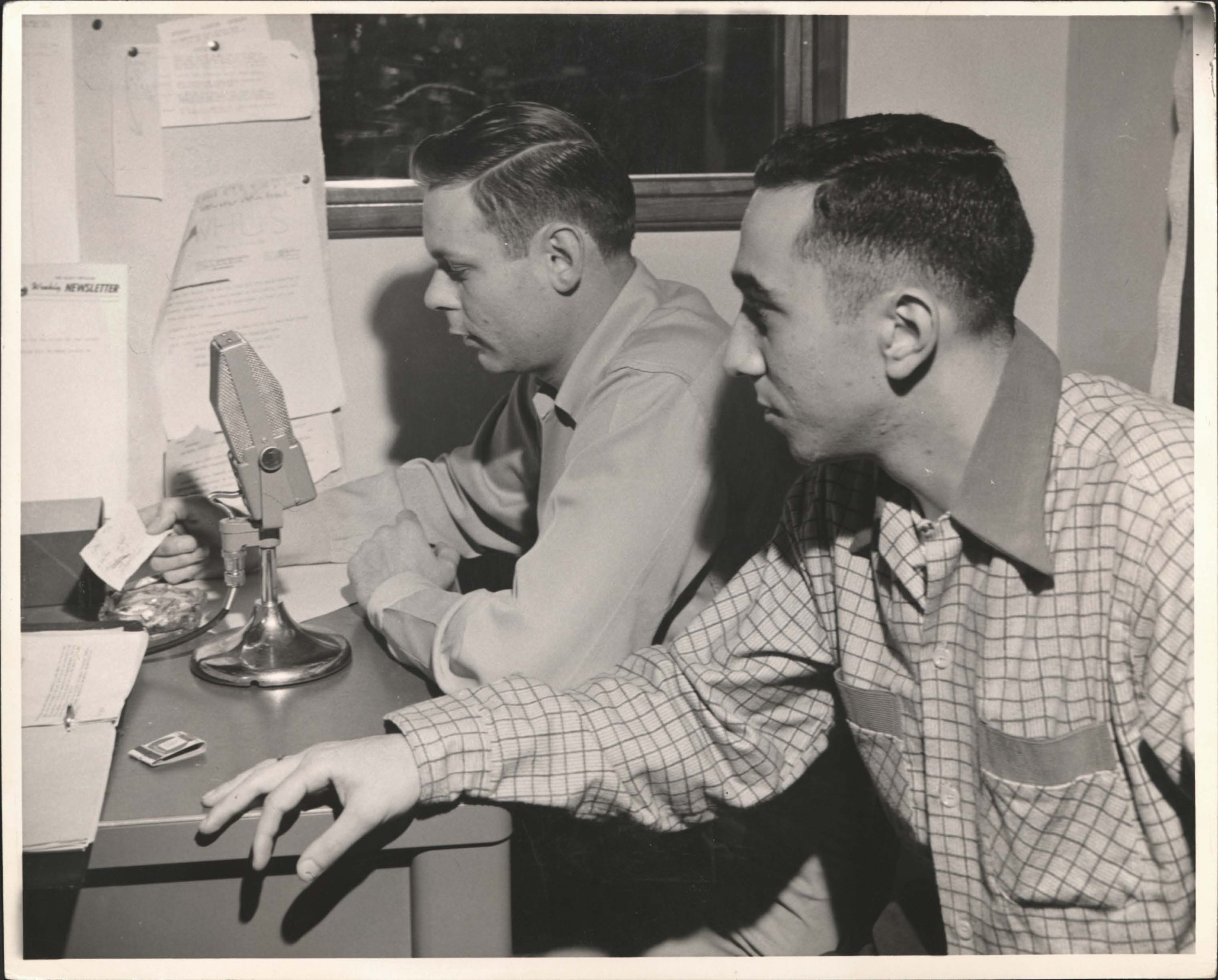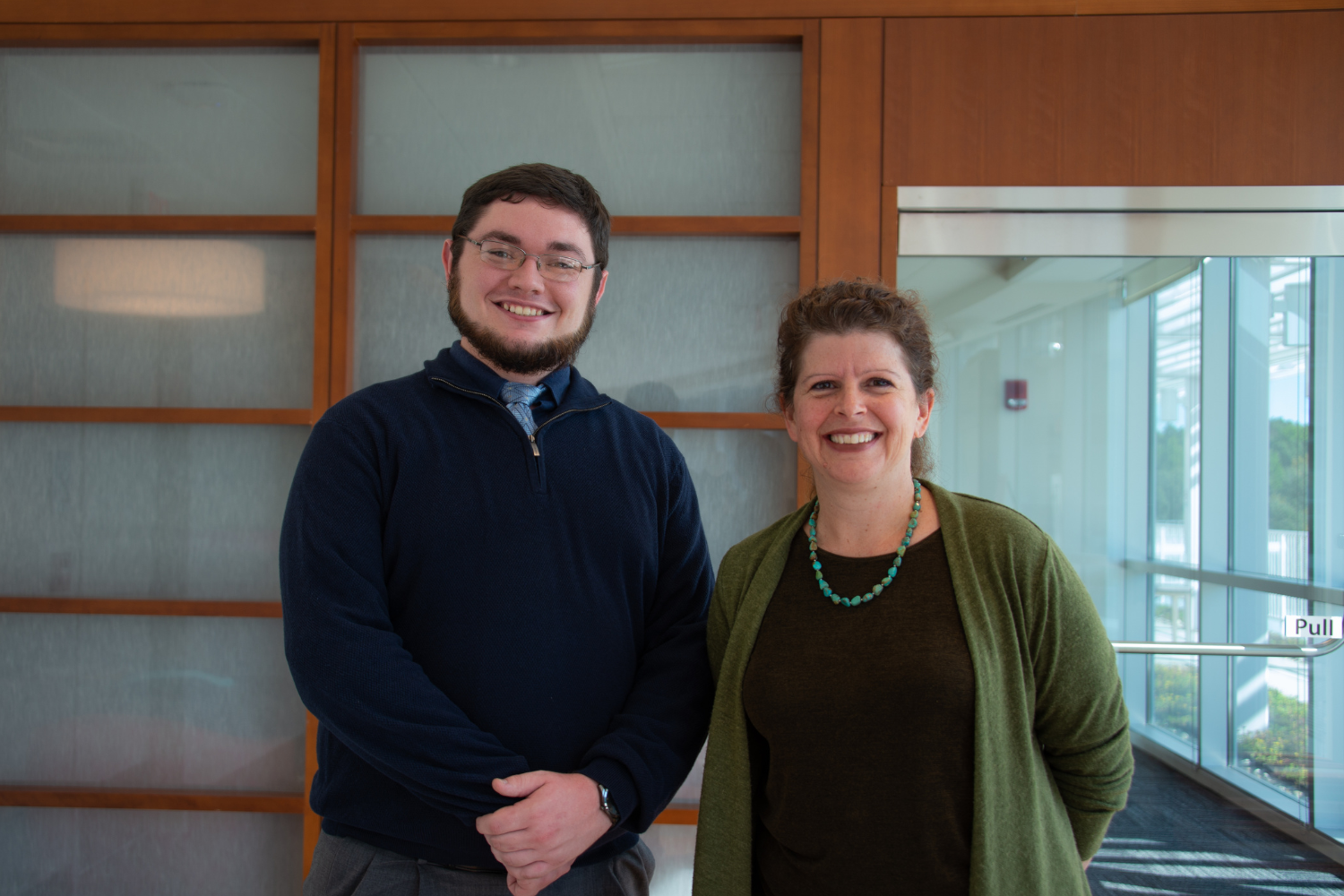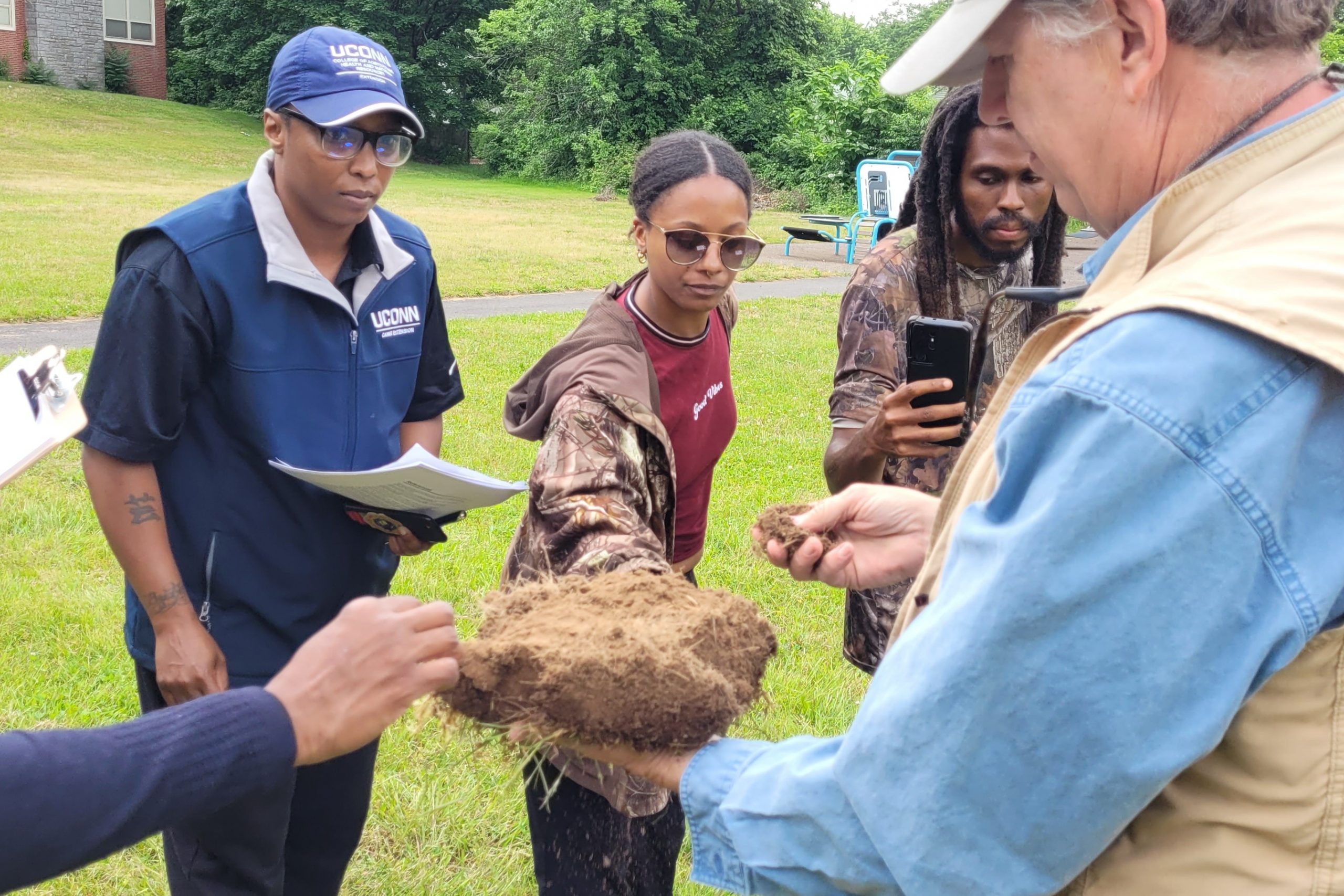Some Senescent Cells Heal, Others Hinder
Lengthening life by eliminating old, inflammatory cells is a tantalizing idea, but anti-aging researchers suspect it’s oversimplified. Now, University of Connecticut researchers confirm in the Nov. 13 issue of Nature Aging that aged, inflammatory cells are diverse, and some play important roles in the body.
Scientists call aging, inflammatory cells senescent cells. Senescent cells no longer reproduce, have damaged DNA, and tend to create inflammation. It’s well known they contribute to aging-related diseases such as diabetes, dementia, and cardiovascular disease. And researchers at the UConn School of Medicine and elsewhere have found that periodically purging them from animals such as mice considerably lengthens their lives.
But senescent cells aren’t useless. Other research has found that they encourage wound healing, for example.
Now, UConn School of Medicine gerontologist Ming Xu and MD/Ph.D. student Nathan Gasek, graduate student Junyu Zhu, and postdoctoral researcher Pengyi Yan describe how to distinguish between senescent cells that speed wound healing and senescent cells that hinder it. Their report shows detailed evidence that not all senescent cells act the same.

The researchers looked at two populations of senescent cells: one set highly expresses the gene p16 and the other highly expresses p21. Past experiments have shown that if you purge either of these senescent cell populations, mice live longer. But another study has shown that p16 cells help mice heal cuts on their skin. However, the role of p21 cells in wound healing is largely unknown.
Xu’s lab took young adult mice with a cut in the skin on their backs and selectively removed p21 cells from these mice. They found that the wounds healed about 25% faster in female mice (though not in males.) That’s the opposite effect of p16 cells. Additionally, they found that p21 cells tend to be cell types from connective tissue, skin, and the immune system, and have a distinct pro-inflammatory profile, all of which is distinct from p16 cells.
“Senescent cells are not homogenous. They have different characteristics and functions, and might be very different in many ways,” Xu says. He serves as assistant professor in the UConn Center on Aging and the Department of Genetics & Genome Sciences.
The investigators hope their study can bring attention to others in the field about the diversity of cellular senescence and the importance of thoroughly evaluating the roles of various senescent cell populations across a broad spectrum of conditions. The next step in this research will include investigating the role of p21 cells in wound healing with diabetes or aging, as well as developing new drugs to target specific senescent cells to treat specific conditions.
Latest UConn Today
- Retired Army Major Wins EBV Alumni Event Pitch CompetitionWashington said his work is not only empowering young people but that it gives his own life greater clarity. “People who don’t know their purpose in life are not clear about what they want, and therefore waste their time on mediocre things,’’ he said.
- UConn Health Cancer Center Team Celebrates National Mammography DayUConn Health marked National Mammography Day by celebrating the vital role of its breast cancer care team and raising awareness about the importance of early detection.
- Husky For LifeMeet Vanessa Bolling, DNP, APRN, FNP-BC, a triple husky and faculty member at the Elisabeth DeLuca School of Nursing
- A Century of Sound at UConn’s WHUSA new online archive explores 100 years and counting of student radio at UConn
- Understanding Your Risk: How Genetic Testing is Changing Breast Cancer PreventionAs genetic testing advances, breast cancer prevention is becoming more personal. At UConn Health, experts are helping patients understand their inherited risk and tailor screening and prevention to their DNA.
- Hands-On Learning, Real World Skills: UConn Extension’s Workforce ImpactThe name UConn often brings to mind undergraduate classrooms in Storrs. But across the state, UConn Extension programs are preparing youth, adults, and seasoned professionals for the workforce through hands-on, community-based training.








